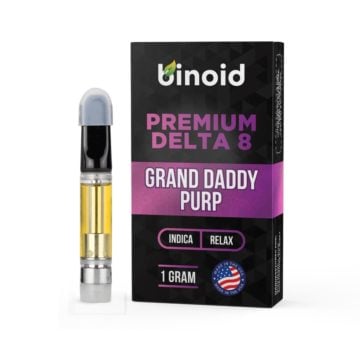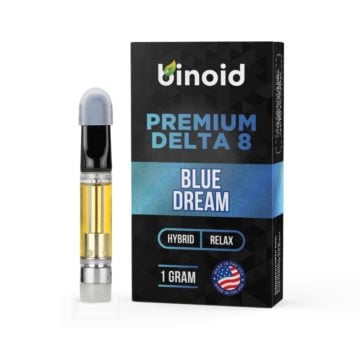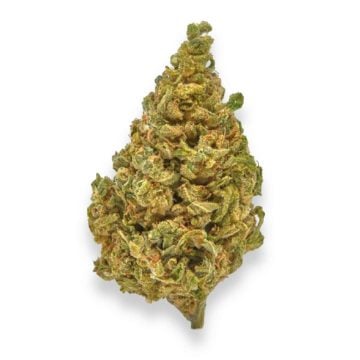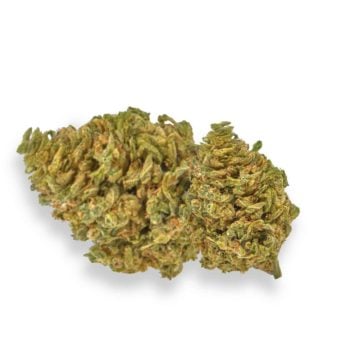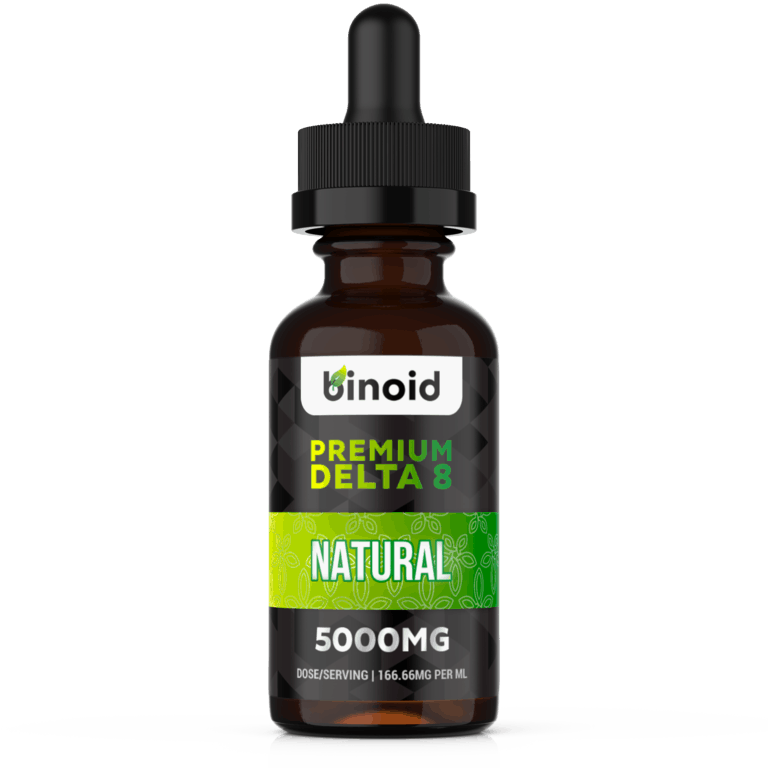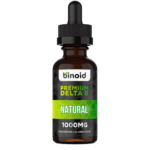
Pick a High: Delta 8 vs Delta 9
Delta 8 vs. Delta 9 THC – these two compounds from the cannabis plant have been making headlines and sparking discussions in recent years. With the growing interest in cannabinoids and their potential therapeutic benefits, understanding the distinctions between delta 8 and delta 9 THC is crucial. In this article, we delve into the molecular structures, psychoactive effects, therapeutic potentials, and legal implications of delta 8 vs. delta 9 THC.
This post is intended as information and for general knowledge only. It is not a substitute for medical advice, diagnosis, or treatment. It is recommended that you consult a healthcare professional before introducing cannabinoids into your daily routine, especially if you have been diagnosed with any medical conditions or are under any medication. It is not recommended to drive or operate any machinery when using cannabis- or hemp-derived products. Use responsibly!
Delta 8 vs Delta 9 THC
Chemical Structure
Delta 8 tetrahydrocannabinol (THC) is a minor cannabinoid found in the cannabis plant. Its distinctive feature is the placement of the double bond on the eighth carbon in the THC molecule. Delta 9 THC, on the other hand, is the more well-known THC variant with the double bond on the ninth carbon. The subtle structural difference in the placement of the double bond has significant implications. Delta 8 and delta 9 THC share a similar molecular structure but vary in psychoactivity and effects on the body.
Psychoactive Effects
Delta 9 THC is renowned for its potent psychoactive properties. It binds strongly to the CB1 receptors in the brain, inducing euphoria and the classic “high” associated with marijuana use. Delta 8 THC also binds to CB1 receptors but with less potency than delta 9 THC. As a result, its psychoactive effects are milder, providing a more relaxed experience. When comparing the intensity and duration of psychoactive effects, delta 9 THC tends to offer a stronger and longer-lasting high, while delta 8 THC provides a different, less intense effect.
Therapeutic Benefits
Delta 9 THC has displayed promise in alleviating chronic pain, nausea, and stimulating appetite, making it a potential option for patients seeking relief. Emerging research suggests that delta 8 THC may offer similar therapeutic benefits as delta 9 THC but with potentially fewer side effects. This makes it an intriguing candidate for medicinal applications. The efficacy and availability of therapeutic benefits between delta 8 and delta 9 THC are still subjects of ongoing research. Clinical trials are essential to substantiate these claims and provide guidance for medical use.
Delta 8 and Delta 9 THC Products
Cannabis Plant and CBD Products
Cannabinoids are natural compounds found in the cannabis plant, including delta 8 and delta 9 THC. CBD oil, derived from the cannabis plant, serves as a base for various delta 8 and delta 9 THC products. Its popularity stems from its non-psychoactive properties and potential health benefits.
Hemp Plant and Industrial Hemp
Hemp is a distinct variety of the cannabis plant with low levels of delta 9 THC and high levels of CBD. It has a wide range of industrial applications. Hemp contains less than 0.3% delta 9 THC by dry weight, differentiating it from marijuana, which contains higher levels of the psychoactive compound.
Delta 8 and Delta 9 THC Products
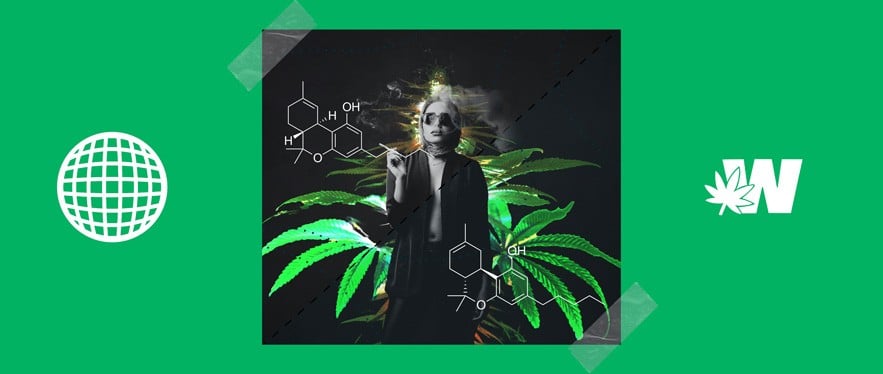
The market offers various delta 8 THC products, including gummies, edibles, tinctures, and vaping options, allowing consumers diverse choices for consumption. Delta 9 THC products are equally diverse, with popular options like gummies and edibles, as well as traditional methods such as smoking and vaping. Understanding the source of delta 8 and delta 9 THC is vital. These compounds can be derived from either hemp or marijuana, impacting their legality and accessibility.
Legal and Public Health Implications
Controlled Substances Act
Delta 9 THC is classified as a Schedule I substance under the Controlled Substances Act in the United States. In contrast, the legal status of delta 8 THC varies depending on its source. The Controlled Substances Act presents regulatory challenges and legal uncertainties, complicating the production and distribution of delta 8 THC products.
Drug Testing
Standard drug tests primarily aim to detect the presence of delta 9 THC metabolites, but some may also detect delta 8 THC, leading to potential complications. The presence of delta 8 THC can result in false positives or false negatives in drug tests, depending on the specific test used and the concentration of delta 8 THC in the body.
Adverse Effects and Public Health Concerns
Both delta 8 and delta 9 THC can induce common side effects such as dry mouth, increased heart rate, and anxiety. Additionally, rare adverse effects, including psychosis, have been reported. To ensure consumer safety, regulation, quality control, and accurate labeling are paramount in the production of delta 8 and delta 9 THC products. These measures are essential for minimizing risks associated with their use.
Conclusion
In conclusion, the debate surrounding delta 8 vs. delta 9 THC continues to evolve. While these cannabinoids share similar molecular structures, their distinct psychoactive effects, therapeutic potential, and legal implications set them apart. As research into cannabinoids advances, our understanding of their benefits and risks will grow. It is essential for consumers, policymakers, and healthcare professionals to stay informed about the latest developments in this rapidly changing landscape. Ultimately, the future of delta 8 and delta 9 THC holds promise, but it also demands careful consideration to ensure public health and safety.
